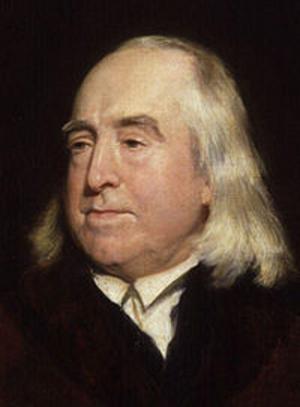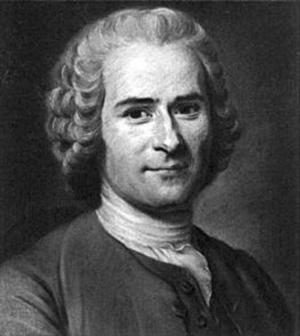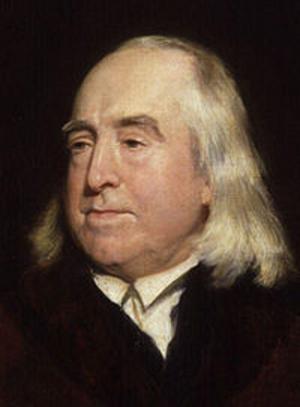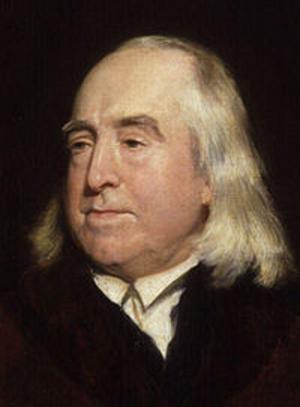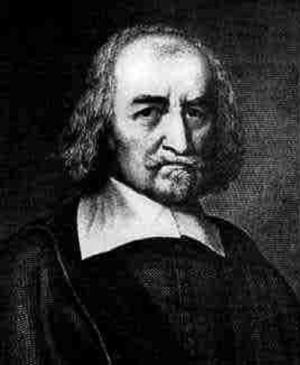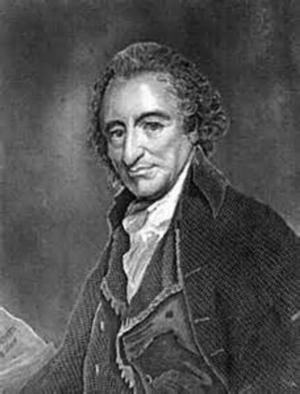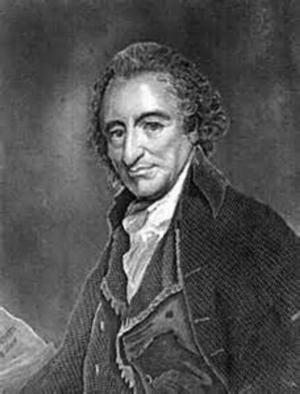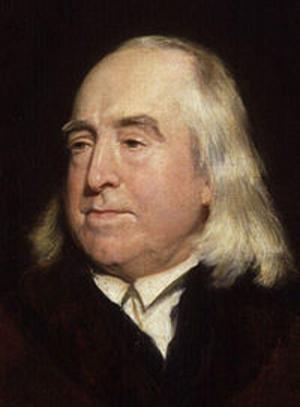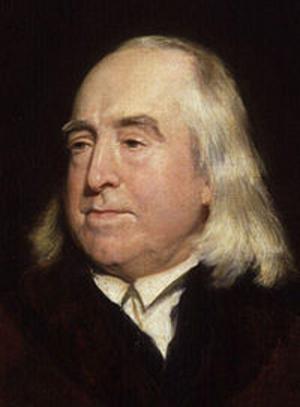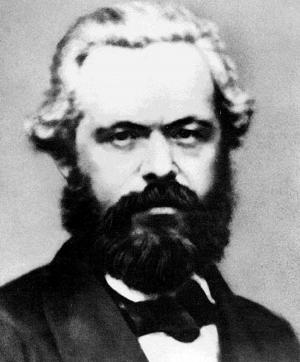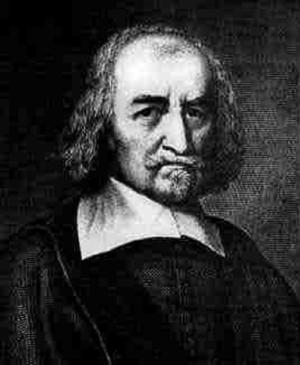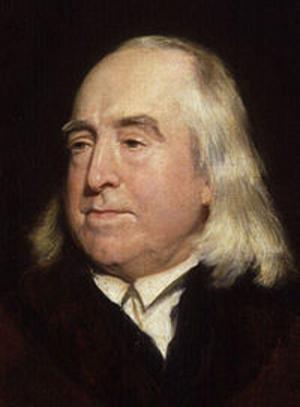Thomas Paine on George Washington, Thomas Jefferson, Benjamin Franklin, and James Monroe (Illustrated)
Business & Finance, Economics, Macroeconomics, Theory of Economics| Author: | Thomas Paine, Timeless Books: Editor | ISBN: | 1230000719278 |
| Publisher: | www.WealthOfNation.com | Publication: | October 13, 2015 |
| Imprint: | Language: | English |
| Author: | Thomas Paine, Timeless Books: Editor |
| ISBN: | 1230000719278 |
| Publisher: | www.WealthOfNation.com |
| Publication: | October 13, 2015 |
| Imprint: | |
| Language: | English |
The book has an active table of contents for easy access to each volume and section of the following titles by Thomas Paine:
1. LETTER TO FRANKLIN, IN PARIS
2. PRIVATE LETTERS TO JEFFERSON
3. LETTERS TO GEORGE WASHINGTON
4. THE MEMORIAL TO MONROE
5. THE RECALL OF MONROE
Thomas Paine was one of the founding fathers of the United States. He was also a political activist, philosopher, political theorist and revolutionary that is seen today in the row with the greatest thinkers such as John Locke, John Stuart Mill, Thomas Hobbes, Alexander Hamilton, George Washington, Thomas Jefferson, and Benjamin Franklin. Their collected thoughts have had strong influence on building the foundation of the United States and its endeavor of open society.
In September of 1774, Paine met Benjamin Franklin. Franklin suggested Paine emigration to British colonial America and gave him a letter of recommendation. In October, Thomas Paine emigrated from Great Britain to the American colonies and arrived in Philadelphia on November 30, 1774.
In 1776, Paine published Common Sense and The American Crisis to inspire the Americans in their battles against the British army. General George Washington had The American Crisis read aloud to his troops during the American Revolution by beginning “These are the times that try men's souls: The summer soldier and the sunshine patriot will, in this crisis, shrink from the service of their country; but he that stands it now, deserves the love and thanks of man and woman. Tyranny, like Hell, is not easily conquered; yet we have this consolation with us, that the harder the conflict, the more glorious the triumph.”
Paine lived in France for most of the 1790s. In 1794, He was arrested in France due to becoming involved in the French Revolution. Paine claimed that he was a citizen of America, but Gouverneur Morris of the American minister to France did not press his claim. Paine narrowly escaped execution and was released in November 1794 because James Monroe, the new American Minister to France after Morris, successfully argued the case for Paine's American citizenship.
Paine believed that U.S. President George Washington had conspired with Robespierre to imprison him in France. In 1796, Paine wrote a few letters to attack Washington's reputation by questioning him that "the world will be puzzled to decide whether you are an apostate or an impostor; whether you have abandoned good principles or whether you ever had any."
Paine remained in France until 1802 and returned to the United States due to President Jefferson's invitation during the year.
Thomas Paine’s essays in this collection were published between 1791 and 1804 in a row. In the collection, Paine gave his own voices and views for many important events in early American history that were related to himself with George Washington, Thomas Jefferson, Benjamin Franklin, and James Monroe who had strong influence on his fate.
Thomas Paine is forever remembered as a philosopher, political theorist and revolutionary through his extremely influential works. His works have produced great influence on building the foundation of the United States. His books are the wakeup call to the self-indulged dictators. His view to the real world became widely recognised as the foremost philosophical and political voice of freedom. His theory still remains true and his spirit of hard core to challenge the establishments still inspires the young generations around the world to build and evolve our democratic systems around worlds for a better future. Paine’s influence has been felt in nearly every field of the humanities and sciences.
This book is one of the most important ones about the thoughts of human rights and freedom by Thomas Paine, one of the greatest thinkers of modern political philosophy on the planet.
The book has an active table of contents for easy access to each volume and section of the following titles by Thomas Paine:
1. LETTER TO FRANKLIN, IN PARIS
2. PRIVATE LETTERS TO JEFFERSON
3. LETTERS TO GEORGE WASHINGTON
4. THE MEMORIAL TO MONROE
5. THE RECALL OF MONROE
Thomas Paine was one of the founding fathers of the United States. He was also a political activist, philosopher, political theorist and revolutionary that is seen today in the row with the greatest thinkers such as John Locke, John Stuart Mill, Thomas Hobbes, Alexander Hamilton, George Washington, Thomas Jefferson, and Benjamin Franklin. Their collected thoughts have had strong influence on building the foundation of the United States and its endeavor of open society.
In September of 1774, Paine met Benjamin Franklin. Franklin suggested Paine emigration to British colonial America and gave him a letter of recommendation. In October, Thomas Paine emigrated from Great Britain to the American colonies and arrived in Philadelphia on November 30, 1774.
In 1776, Paine published Common Sense and The American Crisis to inspire the Americans in their battles against the British army. General George Washington had The American Crisis read aloud to his troops during the American Revolution by beginning “These are the times that try men's souls: The summer soldier and the sunshine patriot will, in this crisis, shrink from the service of their country; but he that stands it now, deserves the love and thanks of man and woman. Tyranny, like Hell, is not easily conquered; yet we have this consolation with us, that the harder the conflict, the more glorious the triumph.”
Paine lived in France for most of the 1790s. In 1794, He was arrested in France due to becoming involved in the French Revolution. Paine claimed that he was a citizen of America, but Gouverneur Morris of the American minister to France did not press his claim. Paine narrowly escaped execution and was released in November 1794 because James Monroe, the new American Minister to France after Morris, successfully argued the case for Paine's American citizenship.
Paine believed that U.S. President George Washington had conspired with Robespierre to imprison him in France. In 1796, Paine wrote a few letters to attack Washington's reputation by questioning him that "the world will be puzzled to decide whether you are an apostate or an impostor; whether you have abandoned good principles or whether you ever had any."
Paine remained in France until 1802 and returned to the United States due to President Jefferson's invitation during the year.
Thomas Paine’s essays in this collection were published between 1791 and 1804 in a row. In the collection, Paine gave his own voices and views for many important events in early American history that were related to himself with George Washington, Thomas Jefferson, Benjamin Franklin, and James Monroe who had strong influence on his fate.
Thomas Paine is forever remembered as a philosopher, political theorist and revolutionary through his extremely influential works. His works have produced great influence on building the foundation of the United States. His books are the wakeup call to the self-indulged dictators. His view to the real world became widely recognised as the foremost philosophical and political voice of freedom. His theory still remains true and his spirit of hard core to challenge the establishments still inspires the young generations around the world to build and evolve our democratic systems around worlds for a better future. Paine’s influence has been felt in nearly every field of the humanities and sciences.
This book is one of the most important ones about the thoughts of human rights and freedom by Thomas Paine, one of the greatest thinkers of modern political philosophy on the planet.

